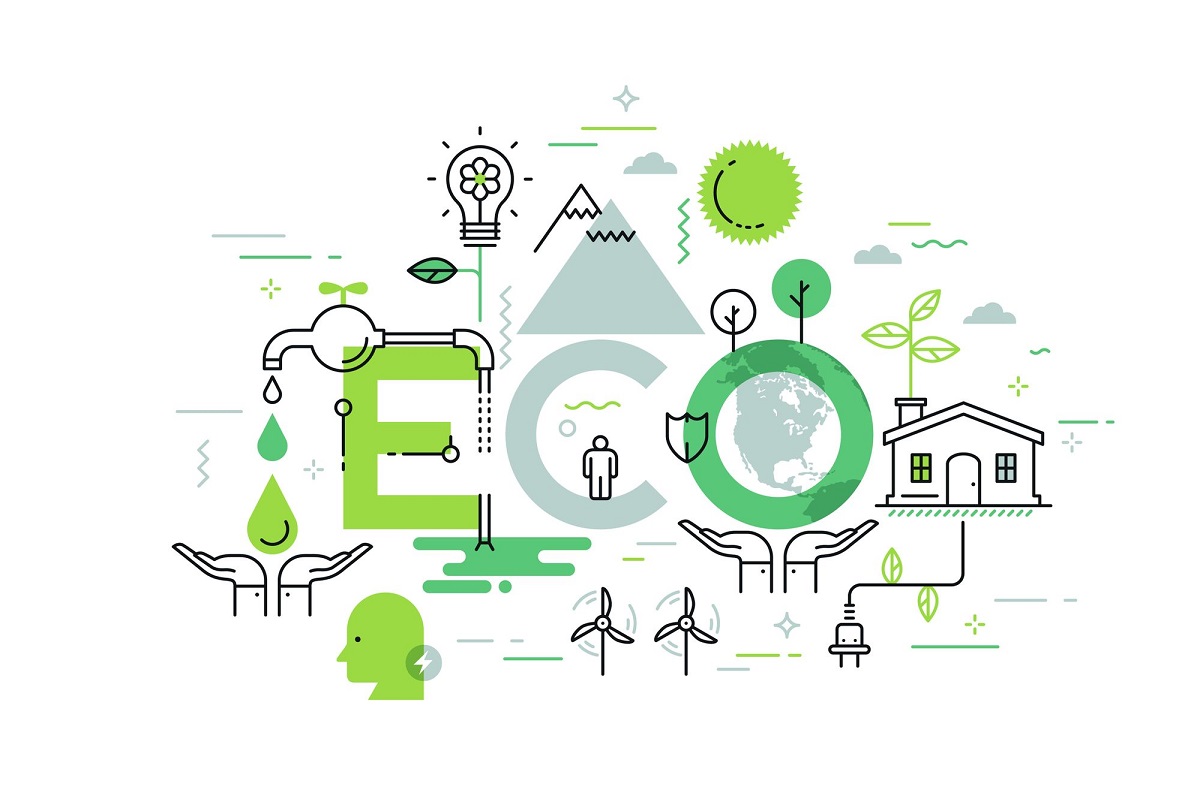
Building a Sustainable Business – Eco-Friendly Practices
In today’s world, where environmental concerns are at the forefront of global discussions, building a sustainable business isn’t just an option; it’s a necessity. Consumers are increasingly demanding eco-friendly products and services, and companies are realizing that integrating sustainable practices isn’t just beneficial for the planet, but also for their bottom line. So, how can businesses embark on the journey of sustainability while staying profitable? Let’s delve into some eco-friendly practices that can pave the way for a sustainable business model.
1. Embrace Renewable Energy Sources
One of the most impactful steps a business can take towards sustainability is transitioning to renewable energy sources such as solar, wind, or hydroelectric power. By reducing reliance on fossil fuels, companies can significantly decrease their carbon footprint while also potentially saving on energy costs in the long run.
2. Reduce, Reuse, Recycle
The mantra of “reduce, reuse, recycle” should be integrated into every aspect of business operations. Minimize waste by opting for digital solutions over paper, encourage the use of reusable materials and packaging, and establish recycling programs within the workplace. Additionally, consider sourcing materials from recycled or sustainable sources to further reduce environmental impact.
3. Implement Energy-Efficient Practices
Simple changes in energy consumption can make a significant difference. Install energy-efficient lighting, appliances, and HVAC systems to lower electricity usage. Encourage employees to power down electronics when not in use and optimize heating and cooling systems to conserve energy.
4. Adopt Sustainable Supply Chain Practices
Assess and optimize your supply chain to minimize environmental impact. Work with suppliers who prioritize sustainability, reduce transportation emissions by sourcing locally when possible, and explore options for greener packaging and shipping methods. Collaboration with suppliers and partners committed to sustainability can create a ripple effect throughout the entire supply chain.
5. Promote Eco-Friendly Transportation
Encourage employees to reduce their carbon footprint by offering incentives for carpooling, biking, or using public transportation. Consider providing electric vehicle charging stations or subsidizing public transportation passes. Remote work options can also contribute to reducing commuting-related emissions.
6. Commit to Continuous Improvement
Sustainability is an ongoing journey that requires constant evaluation and improvement. Regularly assess your eco-friendly practices, set measurable goals, and track progress over time. Engage employees and stakeholders in the process to foster a culture of sustainability within the organization.
7. Educate and Engage Stakeholders
Transparency and communication are key to building trust with customers, employees, and the community. Share your sustainability initiatives, achievements, and challenges openly through marketing campaigns, social media, and corporate reports. Engage stakeholders by soliciting feedback, hosting sustainability events, and involving them in decision-making processes.
In conclusion, building a sustainable business requires a commitment to eco-friendly practices across all aspects of operations. By embracing renewable energy, reducing waste, optimizing supply chains, and fostering a culture of sustainability, businesses can not only minimize their environmental impact but also position themselves as leaders in their industries. Ultimately, sustainability isn’t just a trend—it’s a fundamental responsibility that benefits both the planet and future generations.









